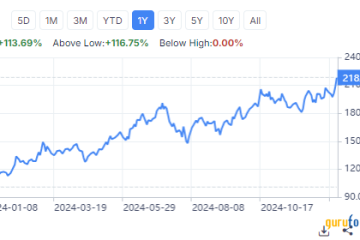Current Affairs in Afghanistan: A Nation in Transition

Introduction
Afghanistan has been a focal point of international attention and concern for decades, particularly in light of its recent political upheaval and ongoing humanitarian crises. The situation within Afghanistan not only impacts its residents but also has significant implications for regional stability and global security. Understanding these developments is crucial for anyone following international relations and humanitarian aid efforts.
Political Landscape
Since the Taliban’s takeover in August 2021, Afghanistan has faced a rapid transformation in its political structure. The interim government has struggled to gain international recognition, leading to challenges in securing aid and economic support. Reports indicate that the Taliban is attempting to present a more moderate image to the world while simultaneously enforcing strict interpretations of Islamic law domestically. The lack of formal governance structures has resulted in widespread violence and human rights abuses, particularly against women and minority groups.
Economic Challenges
The economic situation in Afghanistan has deteriorated significantly since the Taliban’s emergence. The country, already heavily reliant on foreign aid, has seen a drastic reduction in international funding. According to reports from the World Bank, Afghanistan’s economy shrank by over 20% in 2021. Many Afghans are facing severe food insecurity, with an estimated 20 million people requiring humanitarian assistance. As the cold winter months approach, humanitarian organizations are emphasizing the urgency of delivering aid to vulnerable populations.
Humanitarian Crisis
The humanitarian situation in Afghanistan remains dire, with millions at risk of famine and lack of access to essential services. The United Nations has warned that without immediate assistance, the country will face an unprecedented humanitarian catastrophe. Child malnutrition rates are alarmingly high, and healthcare systems are on the verge of collapse due to insufficient resources and funding. International efforts are underway, but they are hampered by the Taliban’s policies and the global community’s hesitance to engage with the current regime.
Conclusion
The future of Afghanistan remains uncertain as the nation grapples with profound political, economic, and humanitarian challenges. While the Taliban seeks legitimacy and stability, the needs of the Afghan people continue to grow. It is critical for the international community to find a balanced approach that addresses humanitarian needs while urging the Taliban to respect human rights and work towards inclusive governance. The coming months will be crucial in determining not only Afghanistan’s future but also its role in regional geopolitics.









